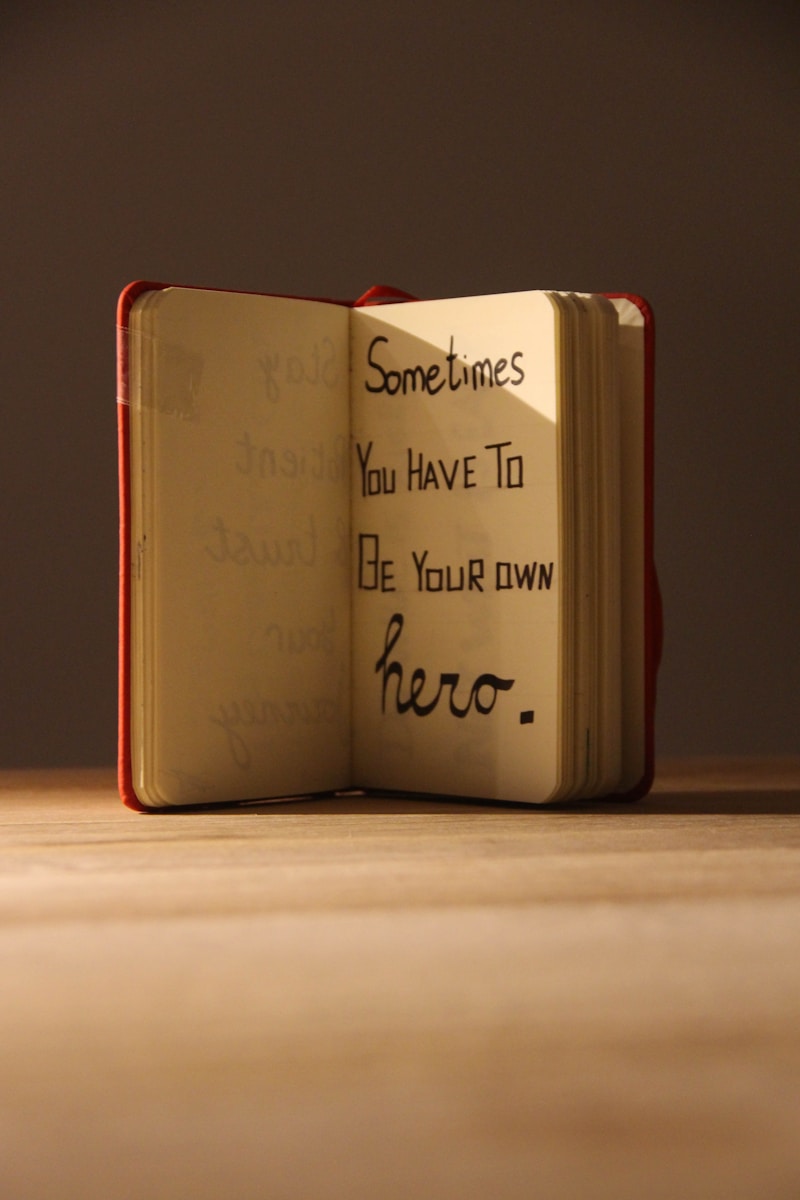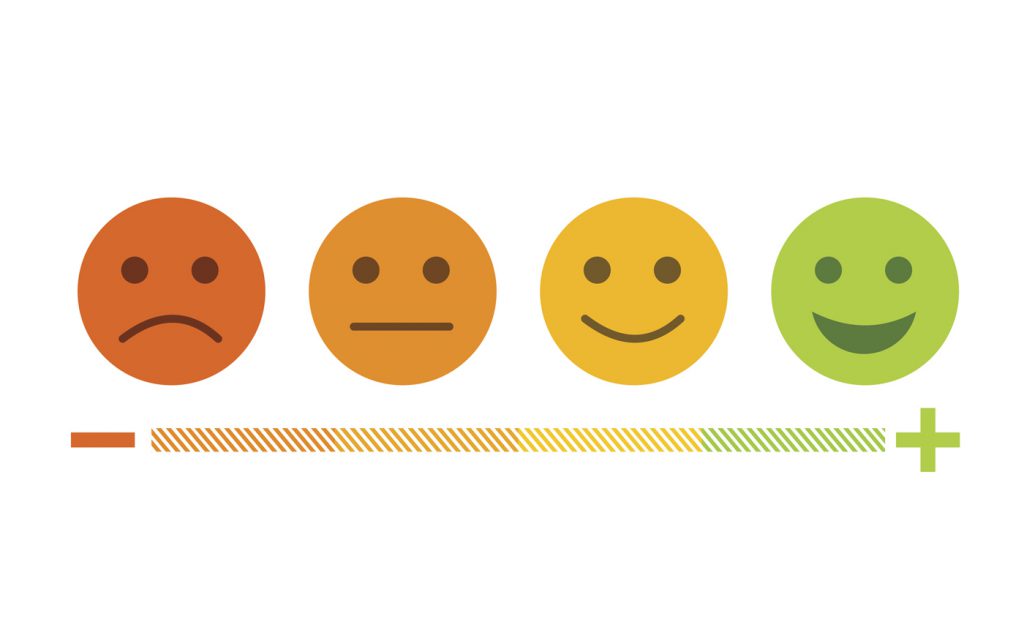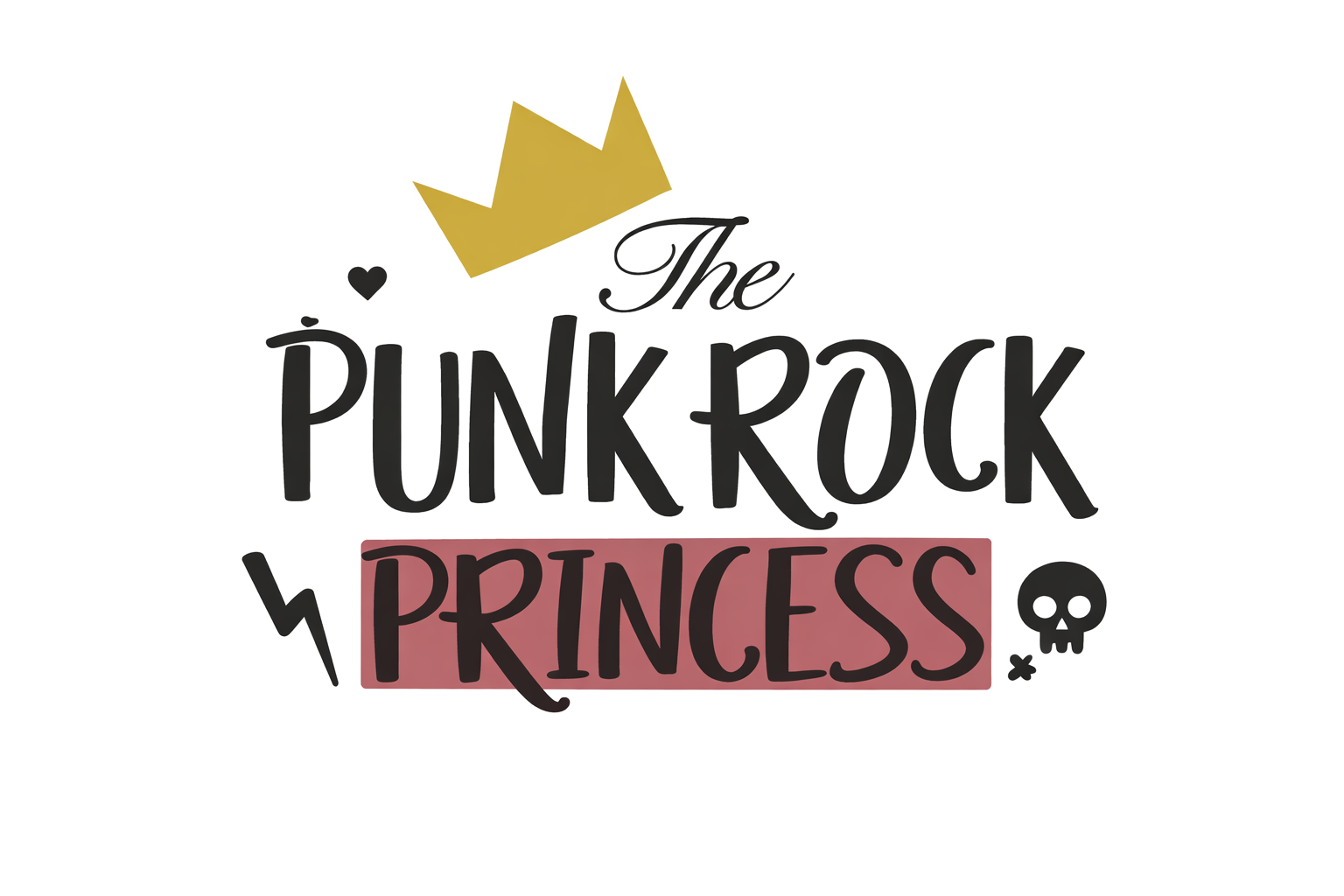Tips for managing emotions: stay balanced every day

Emotions are a part of life. They colour our experiences, fuel our decisions, and connect us with others. But let’s be honest, sometimes they feel more like a rollercoaster ride you didn’t sign up for. Suddenly, a comment, a memory, or even a poor night’s sleep can send you into a spiral of emotions.
Learning how to manage your emotions doesn’t mean bottling them up or pretending they don’t exist. It means recognising, understanding, and responding to them in a way that protects your well-being. Here are some fun, practical tips for managing emotions that will help you stay balanced even when life feels messy.

Understanding emotions vs. feelings
Before we get into the “how”, let’s unpack the “what”.
- Emotions are physical and automatic — your body’s response to a trigger. Think of a racing heart when you’re anxious or butterflies when you’re excited.
- Feelings are how you interpret those emotions. They’re the mental story you attach to that physical response.
Common misconception? It’s a common misconception that negative emotions are inherently bad. In reality, emotions are signals, not problems. Anger can show you a boundary has been crossed. Anxiety might be nudging you to prepare. Sadness often signals the need for rest or comfort.
When you see emotions as information rather than enemies, they’re easier to manage.
Step one: recognise and accept
The first step is simple but powerful: notice your emotions without judgement.
If you feel sad, anxious, or angry, name it. If necessary, express your feelings aloud: “I’m experiencing anxiety at the moment.” By acknowledging the emotion, you’re giving your brain permission to process it instead of pushing it down.
Suppressing emotions is like shaking a soda can; eventually, it explodes. Accepting them is like gently opening the lid and letting the fizz out slowly.
Step two: identify your triggers
We all have triggers – situations, people, or places that set us off. Maybe it’s a stressful work email, running into your ex, or even a certain time of day.
By spotting patterns, you can anticipate emotional waves and prepare. For example, if you know that mornings leave you frazzled, build in a slower start. If certain conversations drain you, plan a self-care buffer afterwards.
Awareness isn’t about avoiding everything that triggers you, but about creating space to respond rather than react.

Techniques to manage emotions
Once you recognise your emotions, it’s time to work with them, not against them. Here are some proven techniques:
1. Deep breathing (step by step)
- Inhale slowly through your nose for four counts.
- Hold your breath for four counts.
- Exhale through your mouth for six counts.
- Repeat three to five times.
This simple rhythm lowers your heart rate and signals your nervous system to relax.
2. Mindfulness
Mindfulness is about being fully present in the moment. Instead of replaying the past or worrying about the future, focus on what’s happening right now. Try this: next time you feel overwhelmed, notice five things you can see, four things you can touch, three things you can hear, two things you can smell, and one thing you can taste. It grounds you instantly.
3. Journaling
Writing out what you’re feeling can untangle messy thoughts. Bonus: looking back on your journal shows patterns in your triggers and progress.
4. Movement
Exercise doesn’t just help your body; it shifts your emotions too. Even a 10-minute walk can release endorphins that lift your mood.

Communication matters
Managing emotions doesn’t mean keeping quiet. In fact, bottling things up makes emotions stronger. Instead, learn to express how you feel in a healthy way.
Try using “I” statements:
- “I feel hurt when plans change last minute.”
- “I get anxious when deadlines aren’t clear.”
This way, you’re sharing your emotions without blaming or attacking others. Healthy communication helps people understand you better and can prevent conflicts from escalating.
Dealing with intense emotions such as anger, sadness, and anxiety is crucial.
- Anger: Before reacting, step back. Count to ten. Channel the energy into something physical, like exercise or cleaning, until you cool down.
- Sadness: Give yourself permission to rest and recharge. Crying is not weakness; it’s release. Pair it with comforting activities like journaling or talking to a friend.
- Anxiety: Break problems down into smaller, doable steps. Use grounding techniques like deep breathing to anchor yourself in the present.
Remember: emotions don’t need to be “fixed”. They need to be understood and moved through.
Cultivating positive emotions and resilience
It’s not all about tackling the tough stuff. Positive emotions like joy, gratitude, and hope also play a huge role in emotional health.
- Practise gratitude: write down three things you’re thankful for daily.
- Savour small joys: a coffee in the sun, a compliment, a delightful song on the radio.
- Build resilience: treat setbacks as lessons rather than failures.
Positive emotions don’t erase negatives, but they create balance and help you bounce back quicker.

Real-life example
Take Maya, who used to feel anxious every time she presented at work. Through journaling, she discovered that the fear of judgement, not the presentation itself, was her trigger. She started practicing deep breathing before meetings and using “I feel” statements with her manager about workload. Slowly, the anxiety lessened, and she even began to enjoy speaking.
When to seek professional help
Sometimes, emotions can feel too big to manage alone. If sadness, anxiety, or anger consistently interfere with daily life, talking to a mental health professional is a strong step forward. Therapy provides tools, techniques, and support tailored to you.

Final thoughts: emotions as signals
Emotions aren’t problems to solve; they’re signals to interpret. By recognising, accepting, and understanding them, you give yourself the tools to live a healthier, happier life.
So next time your emotions feel overwhelming, remember: pause, breathe, identify, and respond. With practice, patience, and a little self-kindness, you’ll find balance even on the rollercoaster days.














